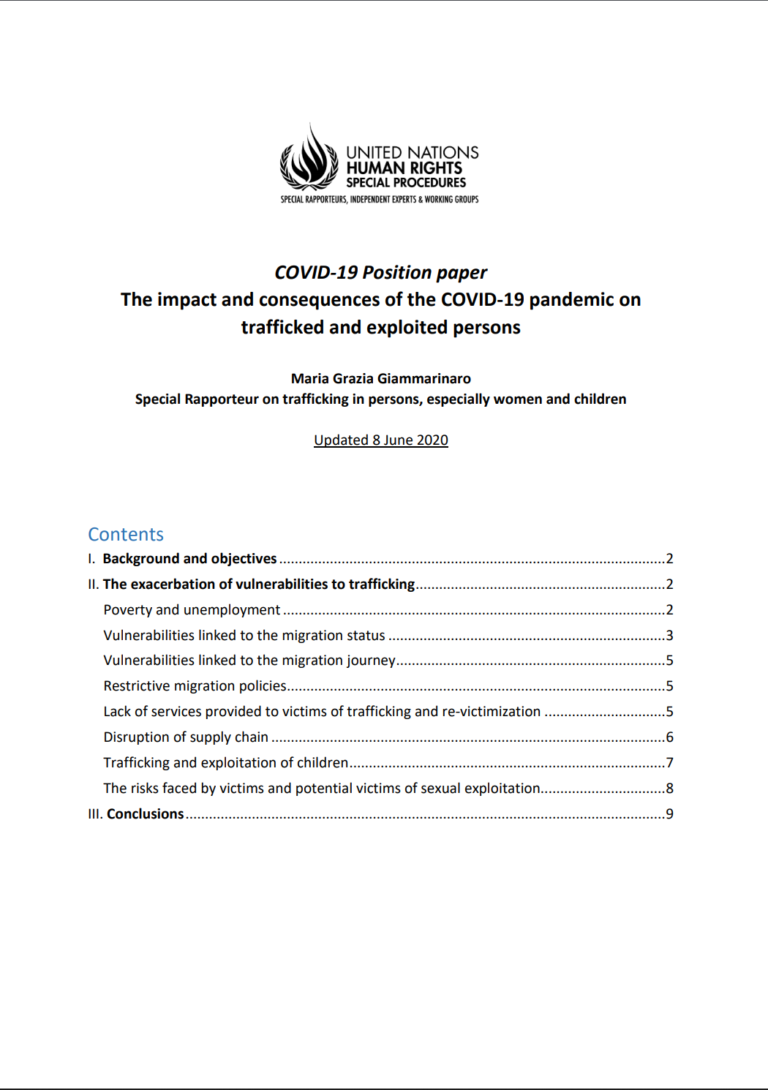“Not a Single Safe Place”: The Ukrainian Refugees at Risk of Violence, Trafficking and Exploitation Findings from Poland and Ukraine
News & AnalysisPublicationsRussia’s war on Ukraine has rendered an unprecedented scale of forced displacement, primarily of women and children. Since 24th February 2022, it is estimated that seven million have fled Ukraine to neighbouring countries. As of 1 st November 2022...Read More

